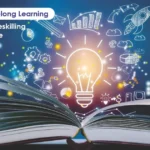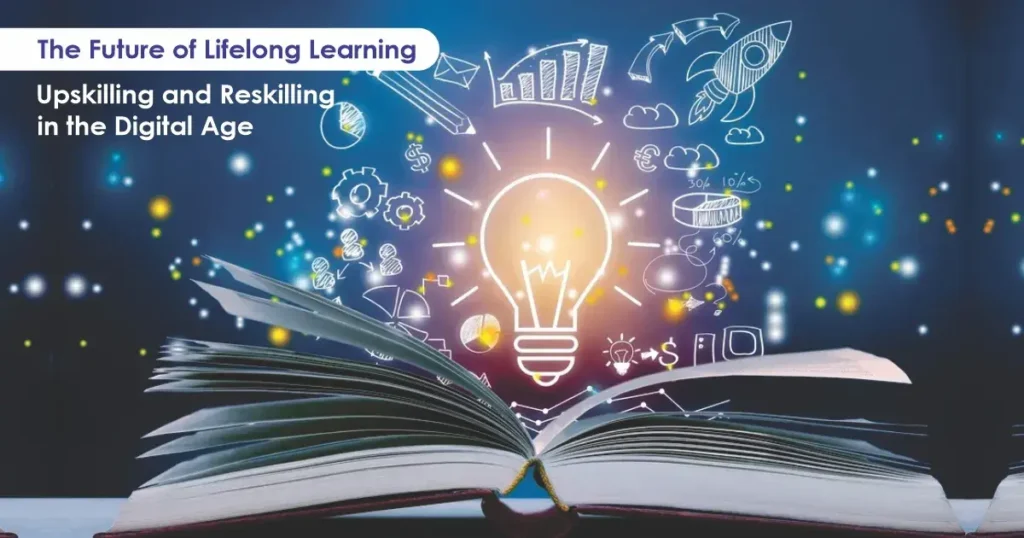ArdorComm Media Bureau
December 30, 2024
The current rapidly evolving world have the concept of education, extended far beyond traditional schooling. The digital age demands that we continuously adapt, evolve, and expand our knowledge base to keep up with technological advancements, industry disruptions, and ever-changing career landscapes. This is where lifelong learning, particularly upskilling and reskilling, becomes not just a choice but a necessity.
Why Lifelong Learning Matters
Unlike in the past, where a degree or formal education sufficed for decades, the 21st century calls for constant learning. Automation, artificial intelligence, and emerging technologies are reshaping industries at an unprecedented pace, making existing skills obsolete and creating demand for new ones.
Lifelong learning ensures that individuals remain competitive in the job market, adapt to change, and seize opportunities. Moreover, it fosters personal growth, adaptability, and resilience—qualities crucial for thriving in a digital-first world.
Upskilling vs. Reskilling: What’s the Difference?
- Upskilling: This involves enhancing existing skills to stay relevant in your current role or industry. For instance, a graphic designer learning advanced 3D design tools to cater to modern client demands.
- Reskilling: This focuses on acquiring new skills to transition into a different role or industry. For example, a factory worker learning coding to enter the tech sector.
Both are vital as they empower individuals to navigate career transitions, overcome automation-driven job displacement, and unlock new potential.
The Digital Age: A Catalyst for Lifelong Learning
The digital revolution has democratized access to education, offering numerous platforms and tools to facilitate upskilling and reskilling:
- Online Learning Platforms: Coursera, Udemy, and LinkedIn Learning provide a wide array of courses tailored to industry needs.
- AI-Powered Learning: Personalized learning experiences through AI-driven platforms ensure targeted and efficient skill development.
- Micro-Credentials: Certifications and nano-degrees allow professionals to validate skills without committing to lengthy degree programs.
- Corporate Training: Many organizations now invest in employee upskilling to bridge skills gaps and stay competitive.
Industries Leading the Way
The IT, healthcare, and green energy sectors are setting examples in reskilling initiatives, addressing global challenges like sustainability and digital transformation. Companies are increasingly adopting innovative training solutions, from virtual reality simulations to gamified learning experiences.
The Role of Governments and Organizations
Governments worldwide are recognizing the importance of lifelong learning. Initiatives like Singapore’s SkillsFuture and the EU’s Digital Education Action Plan aim to create a culture of continuous education. Organizations, too, are integrating learning into their workplace cultures, offering incentives for employees to upskill.
Challenges and Solutions
Despite its importance, lifelong learning faces challenges like accessibility, affordability, and time constraints. Solutions include public-private partnerships, flexible learning schedules, and subsidized courses to ensure inclusivity.
Lifelong learning in the digital age is more than a career strategy—it’s a mindset. As we embrace continuous growth, upskilling and reskilling become the keys to unlocking not just professional success but also personal fulfillment. In a world where change is the only constant, the future belongs to those who are always learning.
Let’s step into this future, armed with curiosity, determination, and a commitment to lifelong learning.


